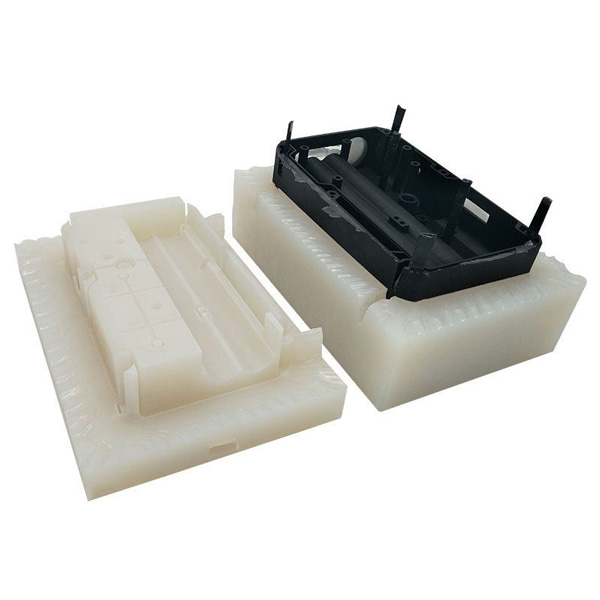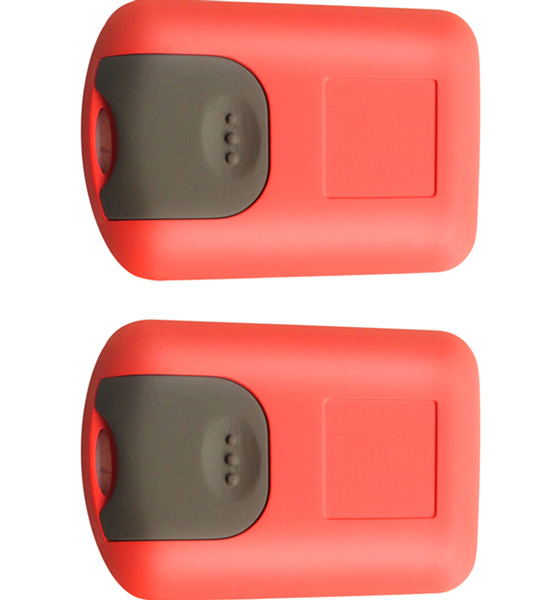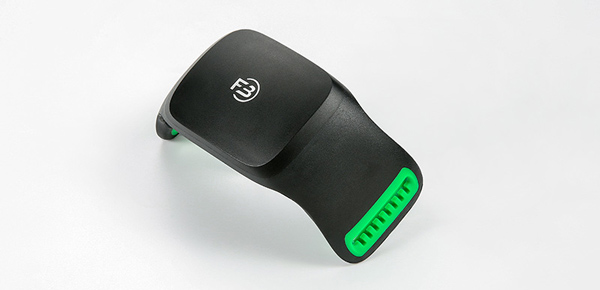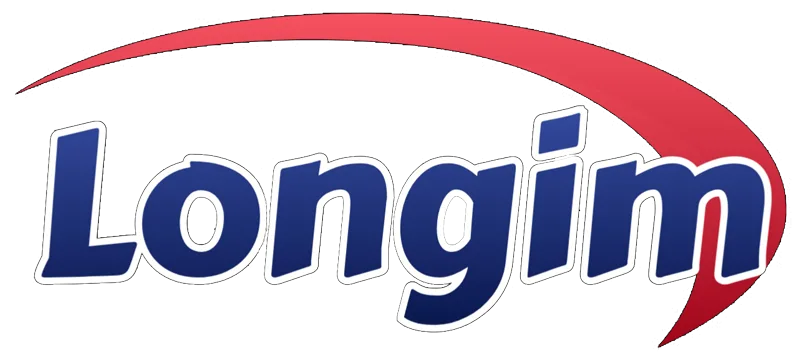Vacuum Casting
Precision Casting, Flawless Results – Perfect Prototypes Every Time!
Vacuum Casting Services

Vacuum casting is an excellent choice for prototypes, one-offs, and small batches, effectively mimicking the properties of injection molding. It primarily uses two-part polyurethane (PUR) and offers various grades, colors, transparencies, and densities. Silicone molding is a widely used method for prototype casting, known for its fast turnaround, low cost, and minimal processing risk.
What is Vacuum Casting?
Vacuum casting, also known as urethane or polyurethane casting, is a method for creating high-quality parts from various thermoplastics, rubbers, and resins without the need for expensive production tooling. The process involves encasing a master model in silicone to create a mold. This mold is carefully cut into two halves, and the master is removed. A gating and ventilation system is added, and then a urethane-based resin is poured into the cavity and cured under vacuum conditions to avoid air bubbles. This technique allows for efficient creation of parts with excellent detail and finish.
Benefits of Using Vacuum Casting


Vacuum Casting Parts
colorful with nice surface
High-Quality Surface Finish:
Produces parts with a smooth surface and finer details, closely resembling the final product.
Cost-Effective for Small Batches:
Economical for low-volume production, reducing costs associated with injection molding and other manufacturing methods.
Fast Production Time:
Enables rapid turnaround from design to finished part, which is essential for prototyping and time-sensitive projects.
Material Versatility:
Compatible with a wide range of materials, including elastomers, polyurethanes, and silicones, allowing for properties tailored to specific needs.
Complex Geometries:
Capable of producing intricate and complex designs that may be difficult or impossible with traditional methods.
Low Tooling Costs:
The molds used in vacuum casting are generally less expensive and quicker to produce compared to those for injection molding.
